5 Independent Work Ideas and the Routines Students Need to Know
Let’s take a closer look at different independent work ideas and the routines that students need to know and follow. This will help us as teachers be more intentional with the independent work we give our students.
This is the fourth blog post in the Routines for Classroom Management in the Science Class Series.
In the first two blog posts in this series, I shared an overview of routines and the beginning of class routines. We are in the “during class” routines part of this series. Here are the first three blog posts:
What Are the Important Routines for Classroom Management in the Science Class?
How to Have a Successful Beginning of Class Each Day
3 Ways to Take Notes in Class that Keep Students Engaged
In this post
We will go over five independent work ideas that will get students engaged in their learning. We are going to be more intentional to provide meaningful practice with each of these ideas. And we will also talk about the routines the students need to know for each of the independent work ideas.
Be sure to get your free guide 7 Daily Must-Do Routines to Run Your Science Classroom Like a Pro today!
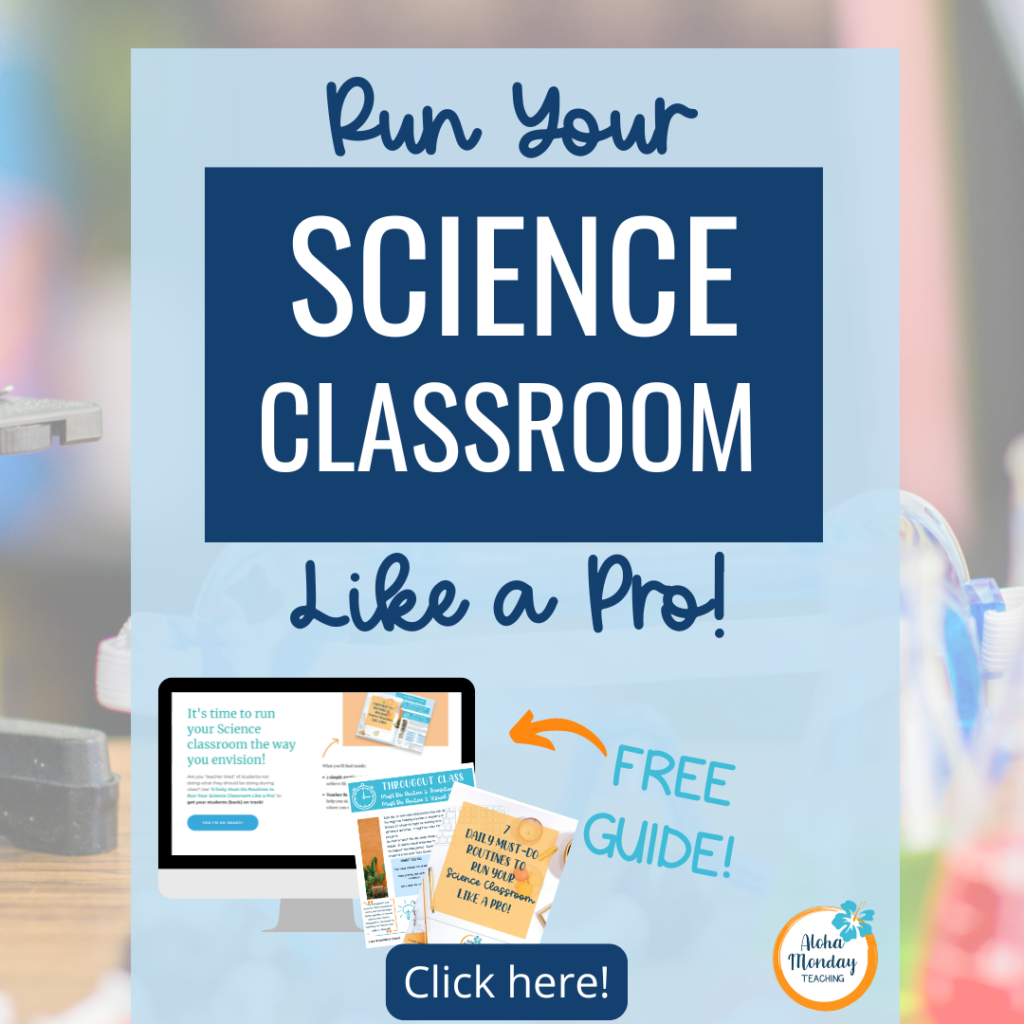
Disclosure: This post may contain some affiliate links for your convenience. As an Amazon Associate I earn from qualifying purchases with no cost to you.
Why and When do Students Work on Independent Work?
Independent work is a very important part of a student’s school day. This is the time when we give them appropriate and meaningful assignments that give them deliberate and repeated practice. They can also use this time to explore concepts to deeper understand learning. Any of these can be modified into partner work too. Working collaboratively with others is an important skill.
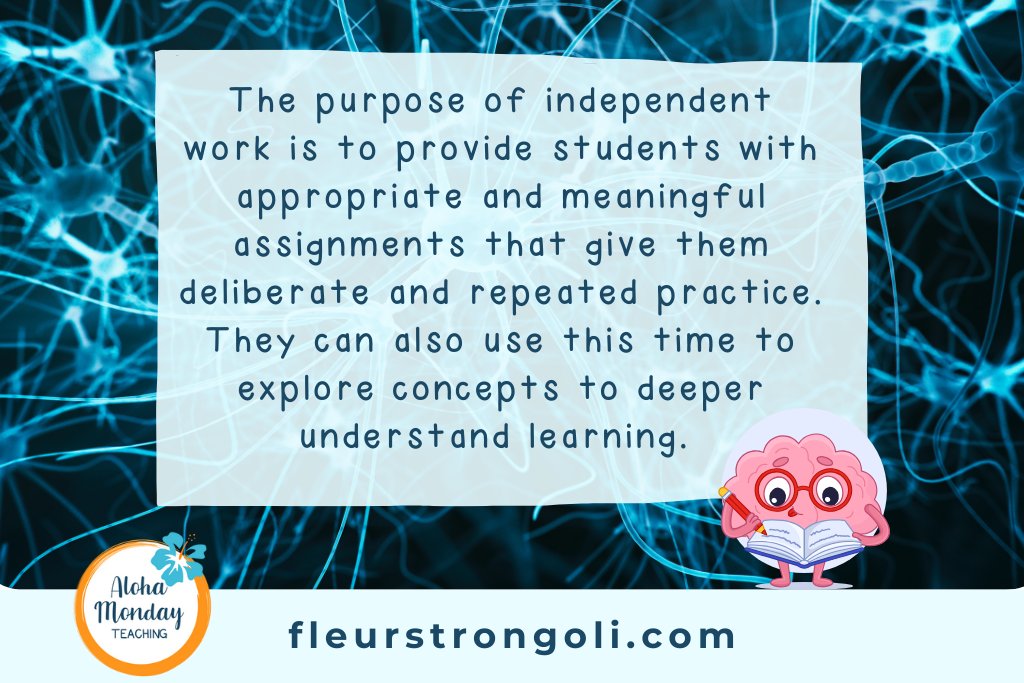
Students work independently during any of the 5E stages. Most likely, these types of assignments are happening during Explore or Elaborate. You can read these blog posts about 5E Explore and 5E Elaborate.
5 Independent Work Ideas
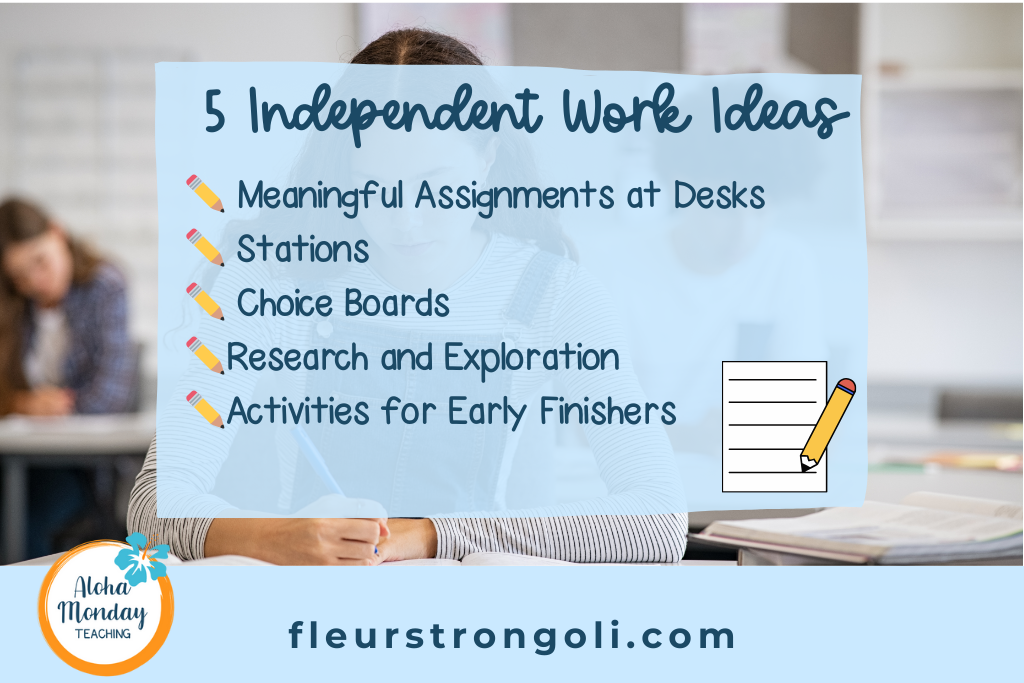
Meaningful Assignments at Desks
When assigning worksheets, book work, or computer assignments, be sure that the work is meaningful. They need to be aligned to the standard and/or learning objective. Students should be able to complete this independently. Some struggle is okay, but you may need to differentiate for your students.
Some routines or independent work expectations that students need to know are how to work at their seat, how to focus on the assignment, how to use their resources (if allowed) to get more information, how to ask for help, where to turn in work, and what to do if they finish early.
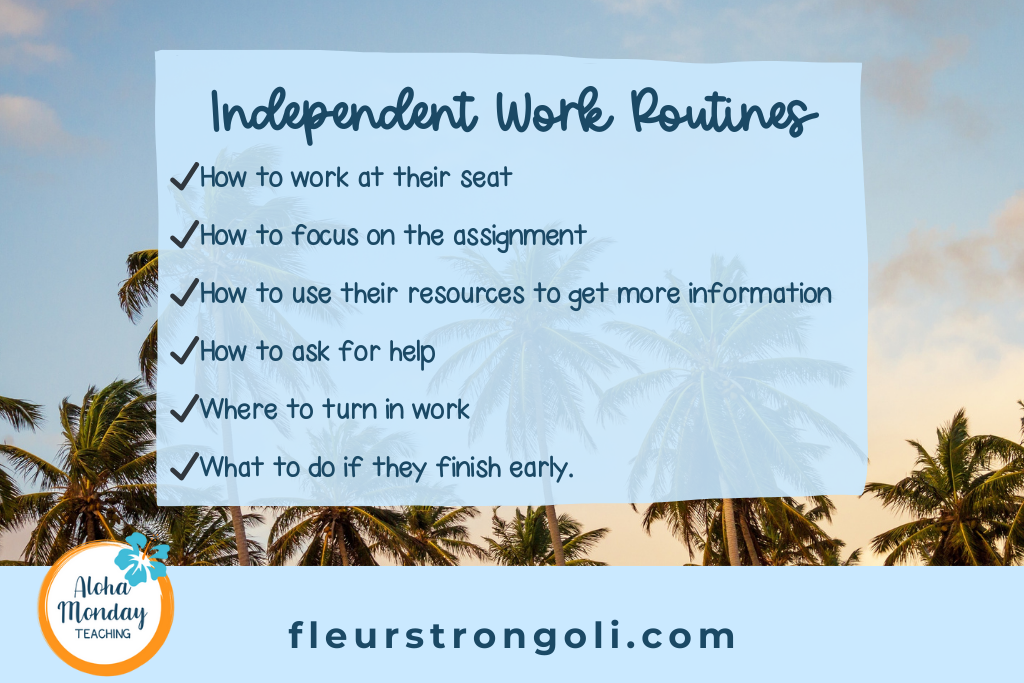
Stations
One of my favorite ways to have students complete work is during stations. You can read more about how I use stations in my classroom in this blog post. I also have some information in the blog posts about 5E Explore and 5E Elaborate.
Be sure to choose work that is meaningful and engaging. I always have a Vocabulary Station, Reading Station, Make a Model Station, Sorting Station, and a Computer Station. Other stations I add are a Math in Science Station, Task Cards Station, Research Station, and an Experiment Station. I created these editable station signs so students know what they have to complete at each of the stations.
We usually spend two class periods completing stations. I have 2-3 copies of each station because I have large classes. I like to have 3-4 students working at a station at any given time. Sometimes I let them rotate at their own pace, but some classes rotate after a certain amount of time.
Routines that students must know are how to work on task at a station, how to complete the task, how to ask questions, how to work with a partner or group, how to clean the station, how to transition and rotate, and what to do with their work (turn it in or keep it).
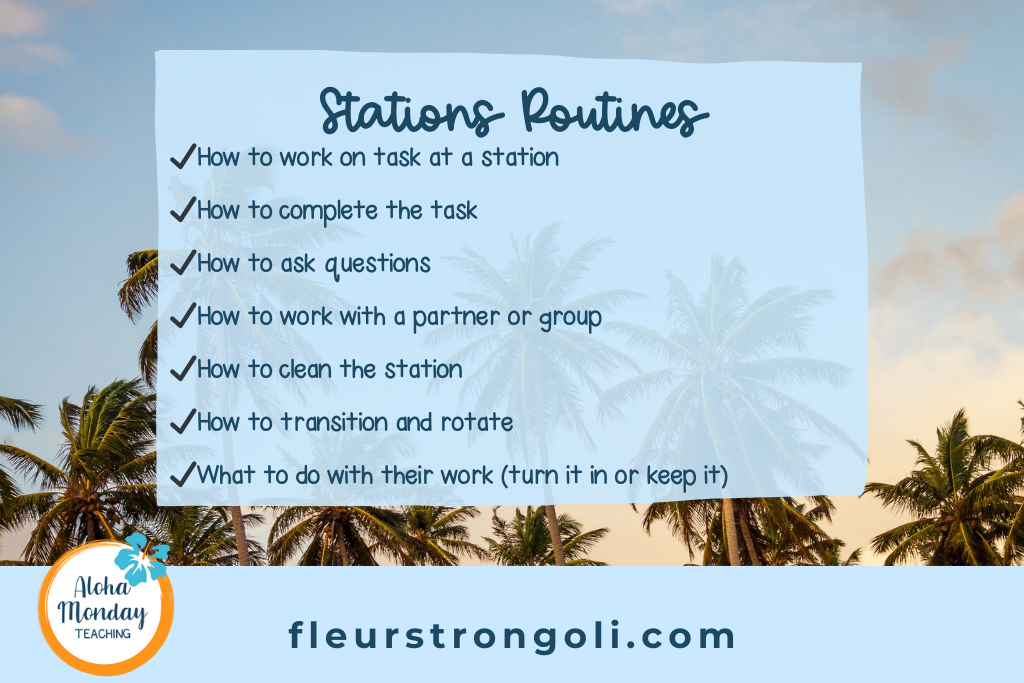
Choice boards
I also love using choice boards in my classroom. Students love the idea of choosing what they want to do. When creating your activities, again, make sure they are meaningful. In this case, you want to address the different multiple intelligences or learning preferences and student interests.
I include a variety of activities on a choice board. There is always a choice for students who love to draw. I have a writing choice so students can write an imaginative story, documentary, or news article.
Other activities include writing a CER paragraph, creating and analyzing a graph, using vocabulary and concepts in a poster, and researching a scientist, career, or current event in this topic.
Routines that students need to know when using a choice board are how to find the instructions for each activity, where to access materials, where to turn in assignments, how to work at their seat or around the room, and what to do if they are working with a partner.
Here is a blog post all about using choice boards in the classroom.
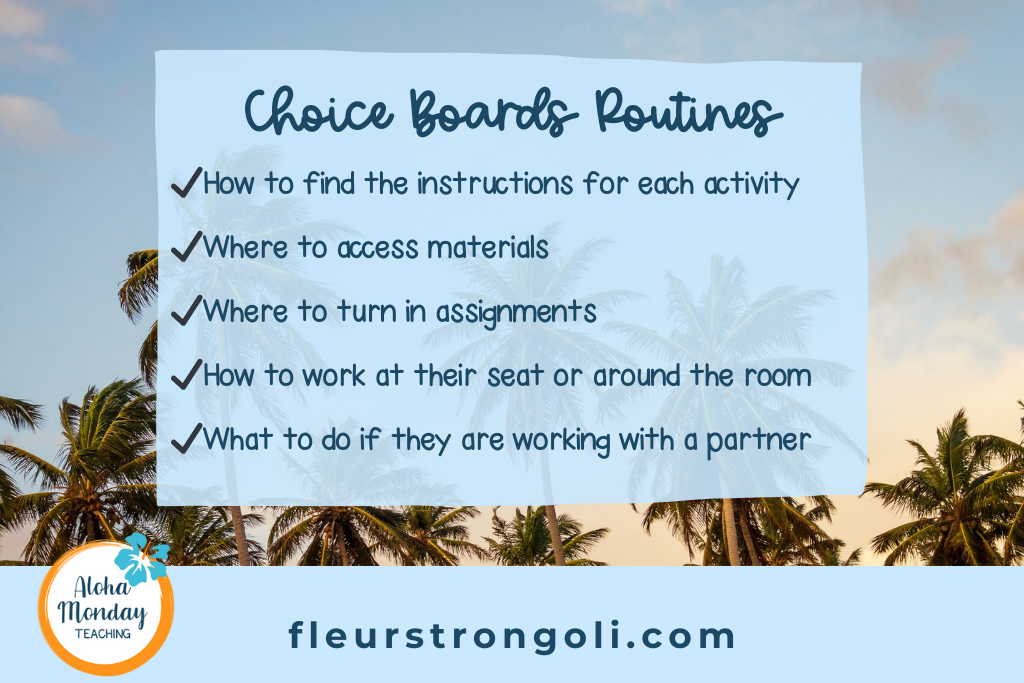
Research and Exploration
When using phenomena in the classroom, you will want to give students time to research and explore. Students refer to their list of questions they have come up with at the beginning of the unit. You can also pose a problem for them to create solutions for using the science and engineering practices. You provide a starting point of materials or resources that students can use to research and explore.
Routines students need to know are how to access materials and resources, how to work independently or with a partner, and how to research and find reliable and valid information.
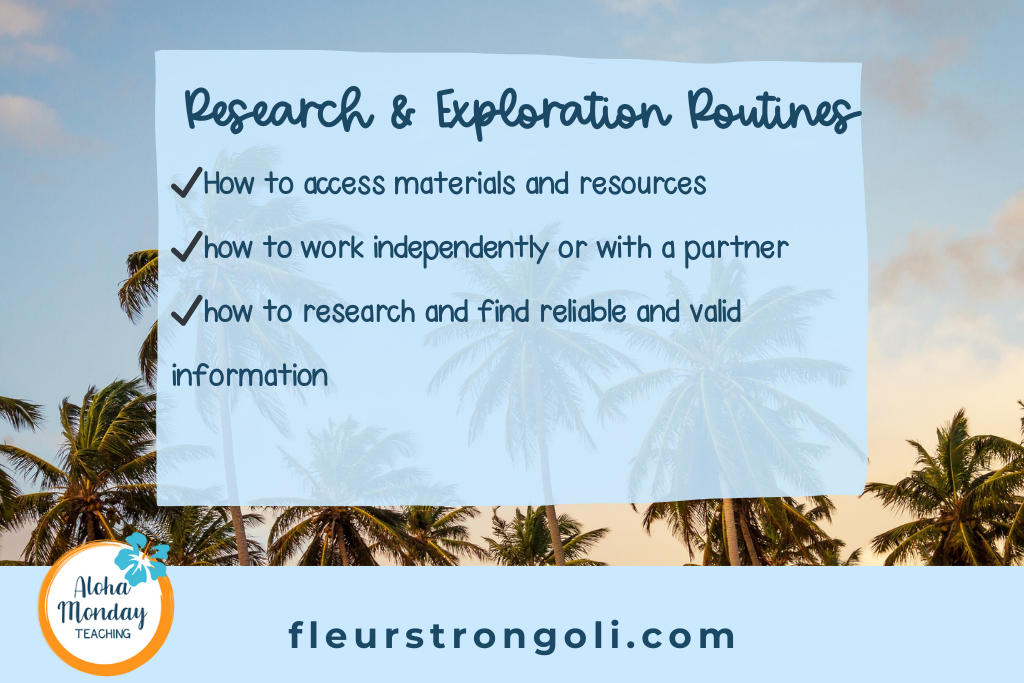
Activities for Early Finishers
What about those students who finish their work early? It may be a rare occasion, but it happens! Be prepared with some things for them to do.
Here are some ideas: read, work on other assignments, review with their notes or an online game/activity, or complete a choice from a choice board.
Routines they need to know are what their options are, where to find them, and what to do when it is time to stop or when they are done with it.
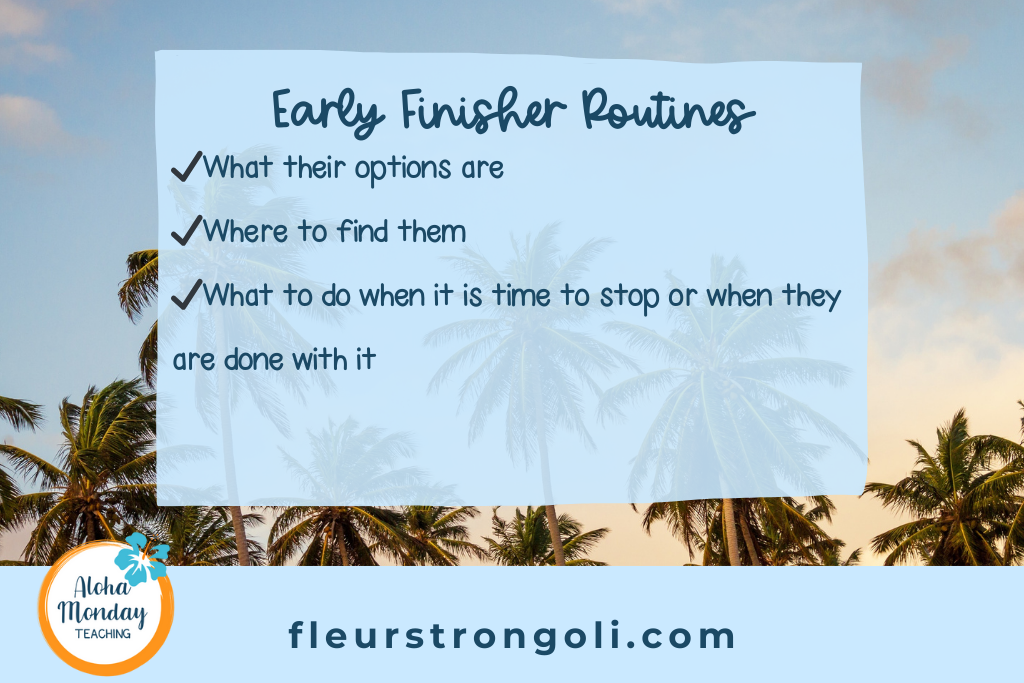
Wrap Up
We talked about the importance of deliberate practice and meaningful independent work. Some different independent work ideas include working from a worksheet, book, or computer, completing activities in stations or on a choice board, researching and exploring phenomena or solutions to problems, and activities for your early finishers.
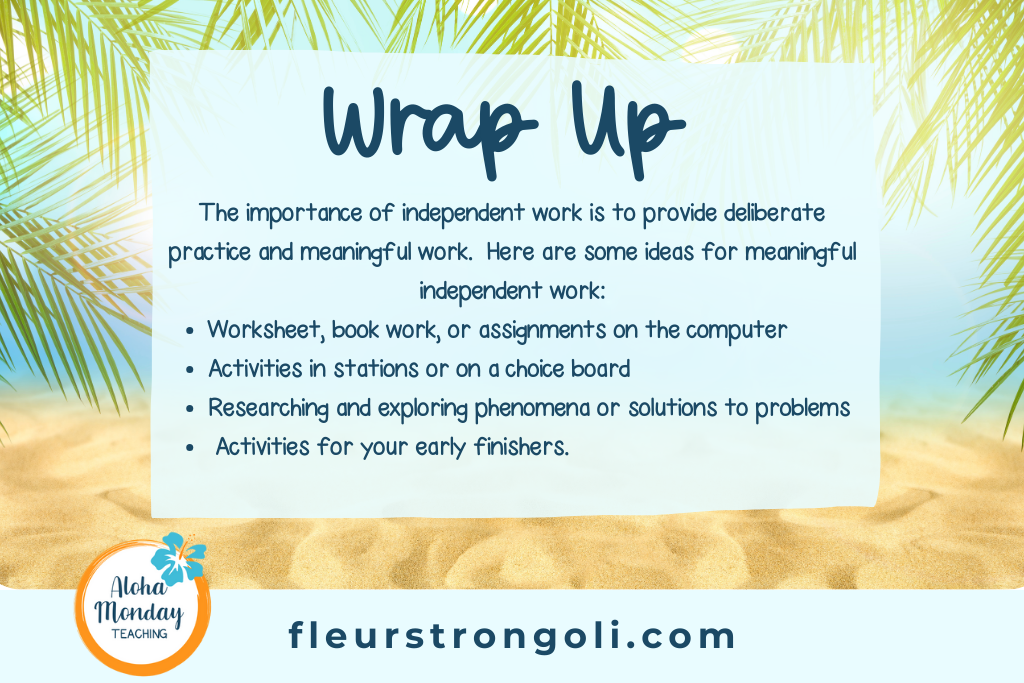
Your Turn
What are your go-to meaningful assignments? What are some new ideas you have? Reply and let me know!
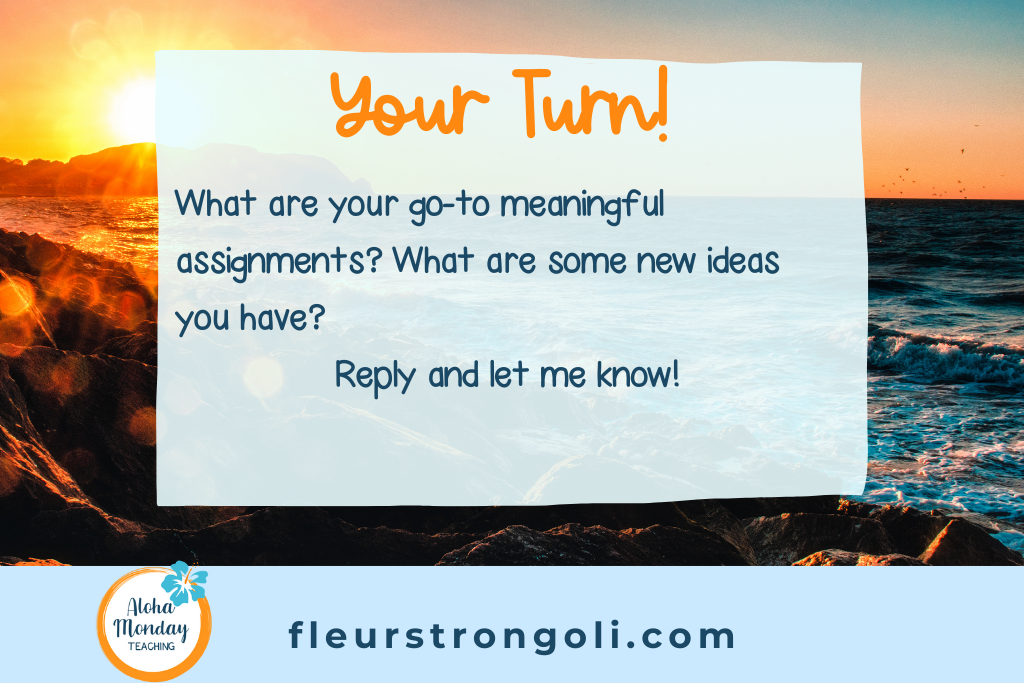
Links to Resources and Blog Posts
7 Daily Must-Do Routines to Run Your Science Classroom Like a Pro
5E Explore: 4 Types of Fun Activities and Science Experiments for Middle Schoolers
What Are Some Science Activities to Use During 5E Elaborate?
How Do You Manage and Use Science Stations in the Classroom Effectively?
How Do I Use Choice Boards in the Classroom So They Are Effective?
Science Station Signs – Editable
Previous blog posts in this series
What Are the Important Routines for Classroom Management in the Science Class?

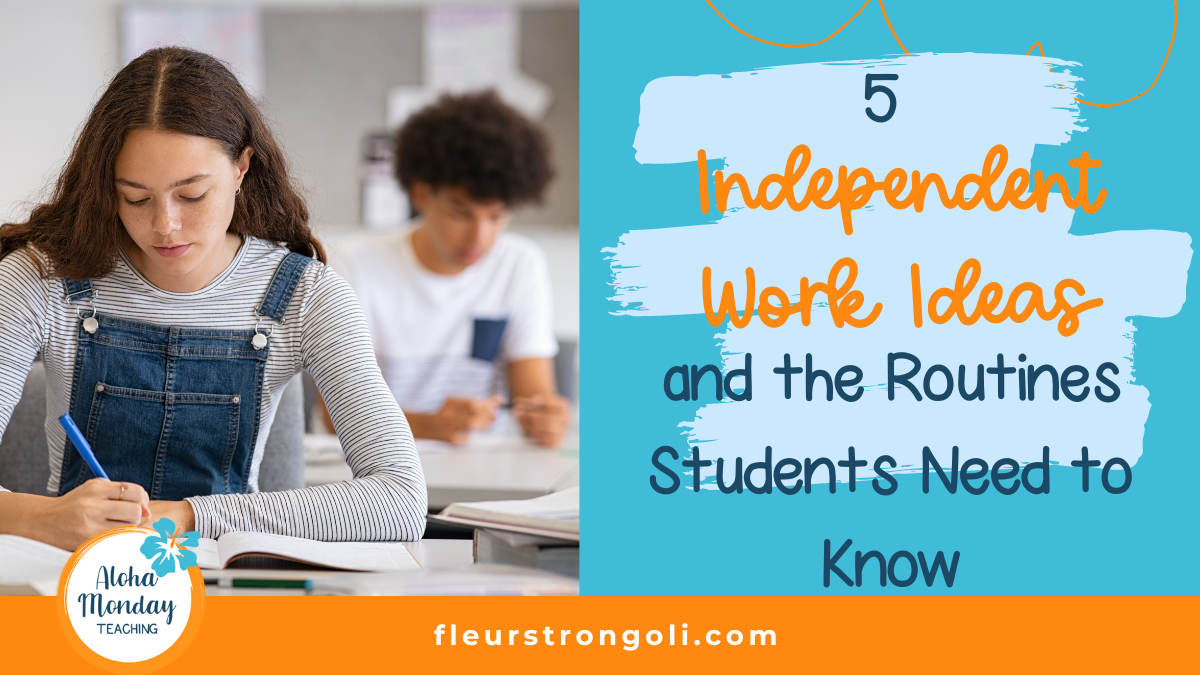
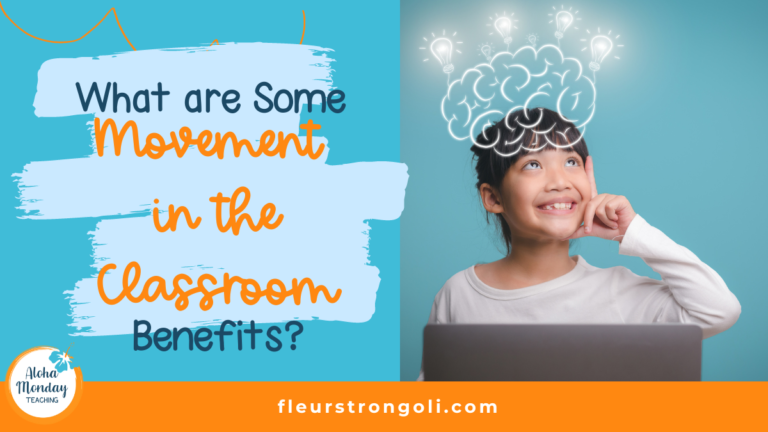
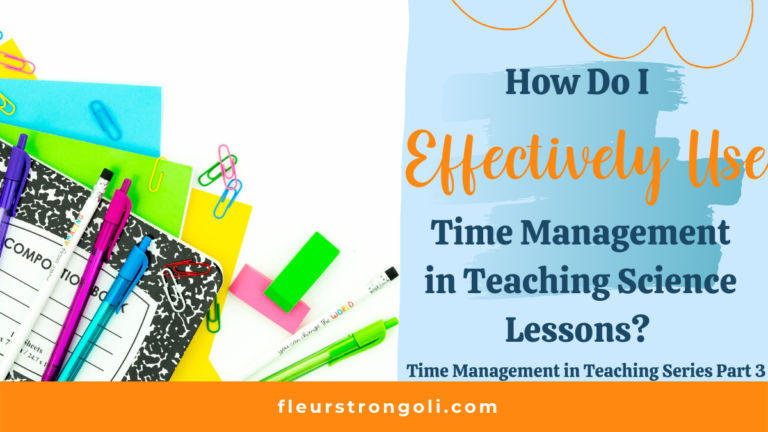
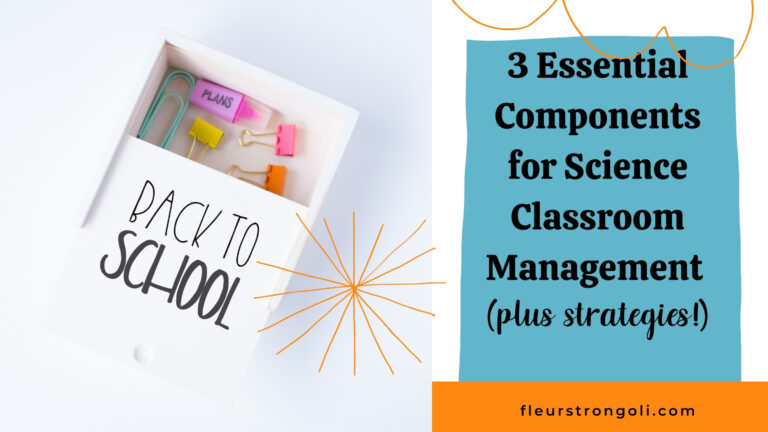
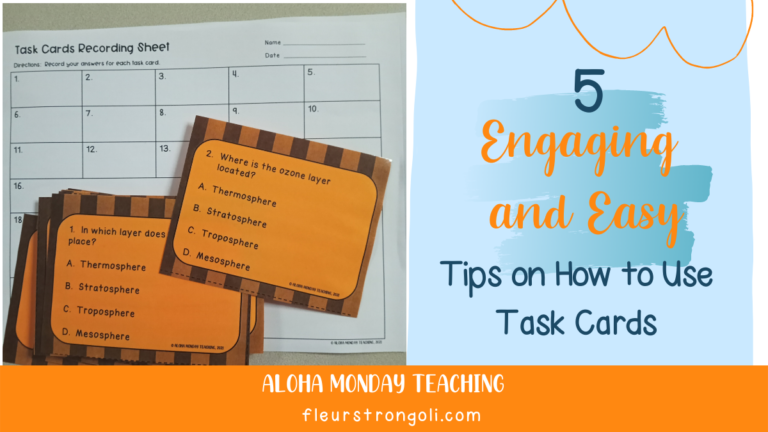
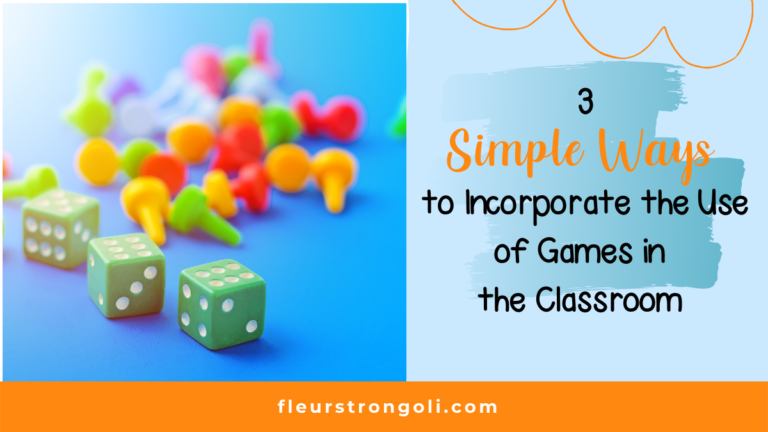
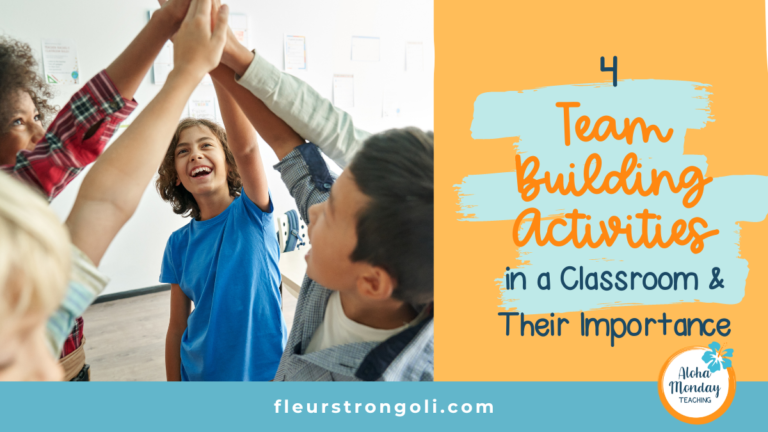
3 Comments